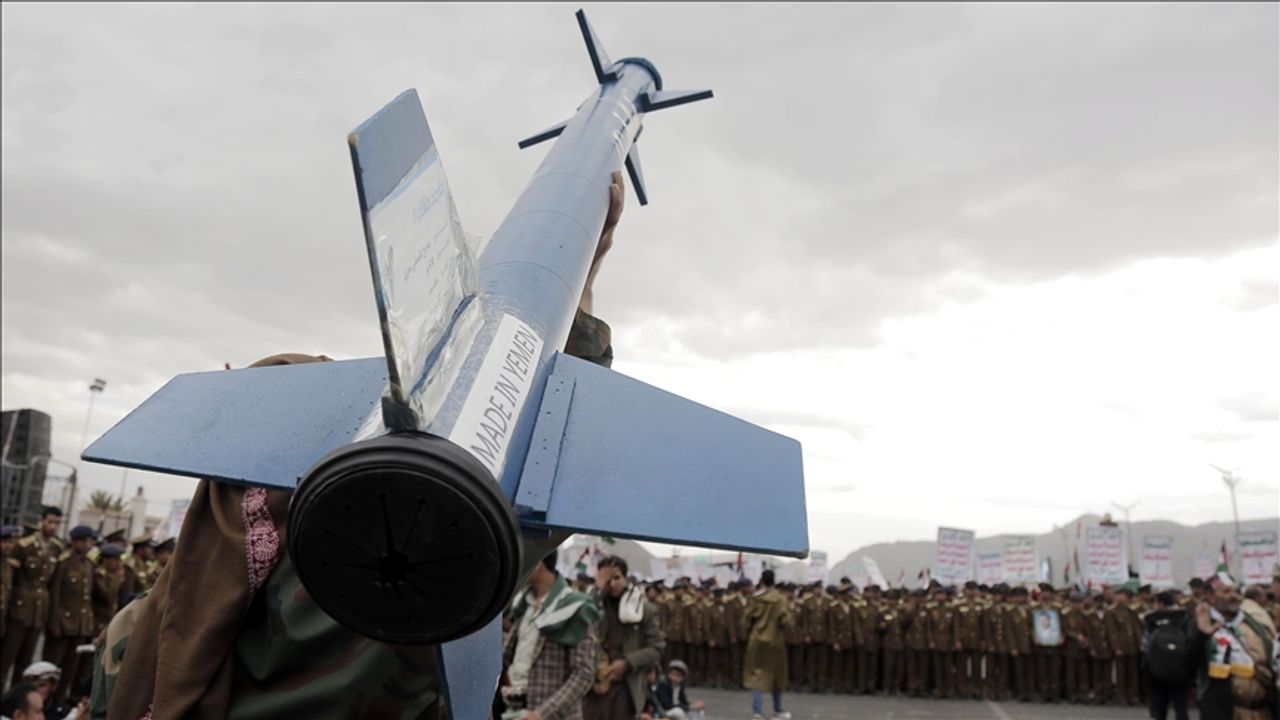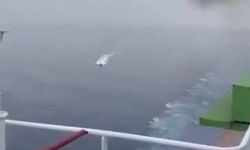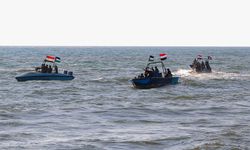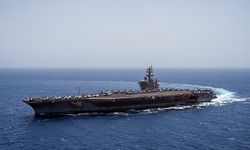The Pentagon revealed that fighter planes from both countries targeted 18 Houthi sites, aiming at storage facilities, drones, air defense systems, radars, and a helicopter as well as Houthis targeted the Israeli city of Eilat along with a US warship in the Red Sea and a British cargo ship in the Gulf of Aden.
The UK emphasized that the strikes were essential to "further degrade" Houthi capabilities, responding to sustained attacks by the Iran-backed group on shipping in the crucial Red Sea trade route.
The Houthis, controlling large parts of Yemen, including the capital Sanaa, have been targeting vessels they link to Israel and the West amid the Israel-Gaza conflict.
The Pentagon's joint statement outlined that the precise strikes focused on underground weapons and missile storage, unmanned aerial systems, air defense systems, radars, and a helicopter, aiming to disrupt Houthi capabilities threatening global trade and maritime security.
Highlighting the severity of the situation, the statement noted that the Houthis' over 45 attacks on commercial and naval vessels since mid-November pose a significant threat to the global economy and regional stability.
The international response included support from Australia, Bahrain, Canada, Denmark, the Netherlands, and New Zealand.
US Defense Secretary Lloyd Austin underlined the commitment to defending lives and ensuring the free flow of commerce in critical waterways. UK Defense Secretary Grant Shapps echoed the sentiment, emphasizing the duty to protect lives at sea and preserve freedom of navigation.
In related developments, the US military reported the destruction of seven Houthi mobile anti-ship missiles. This action comes in the aftermath of the Houthis targeting a Belize-flagged, British-registered cargo vessel earlier in the week, prompting its crew to abandon ship off the coast of Yemen.
The joint strikes reflect a coordinated effort to address maritime threats in the region and safeguard the vital Red Sea trade route.






